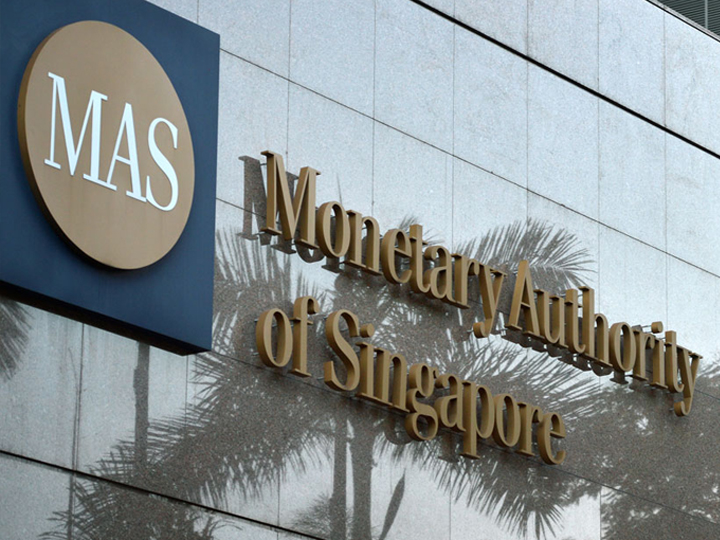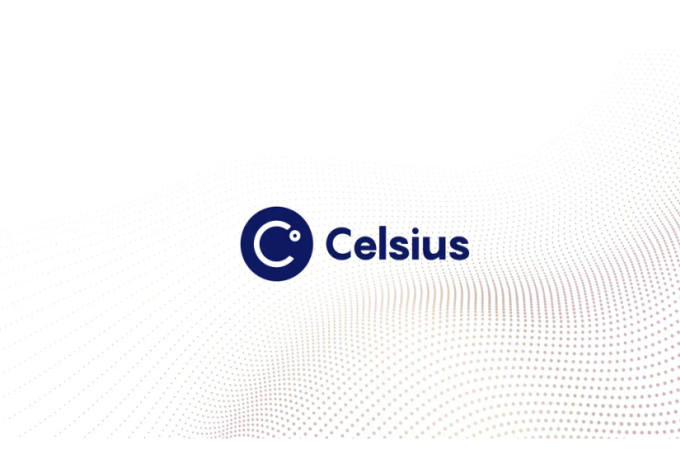
MAS warns consumers to exercise caution over digital token schemes
By Monetary Authority of Singapore
The Commercial Affairs Department (CAD) and the Monetary Authority of Singapore (MAS) have observed the emergence of initial coin (or token) offerings (ICOs), and other investment schemes involving digital tokens, in Singapore.
What is a digital token?
2 A digital token is a cryptographically-secured representation of a token-holder’s rights to receive a benefit or perform specified functions. One particular type of digital token is virtual currency. Virtual currencies are typically used as a means to purchase goods or services. Examples of virtual currencies include Bitcoin and Ether.
3 However, the function of digital tokens has evolved beyond a virtual currency. For example, these digital tokens may represent ownership or a security interest over the token seller’s assets or property, or a debt owed by the seller. Such digital tokens have been marketed as investment opportunities.
How do ICOs and investment schemes involving digital tokens work?
4 Digital tokens may be offered through an ICO or other investment schemes. Digital tokens offered through an ICO are usually specific to the seller, and such tokens are typically sold to consumers in exchange for a widely-used virtual currency (such as Bitcoin or Ether) or cash. These sellers often set out their business proposal in a so-called “whitepaper” which is published online.
5 ICOs and other investment schemes involving digital tokens may be structured in many ways with different business propositions. For example, they may seek to develop a new digital platform. Others may offer an opportunity to invest in a property, business, and assets, or with a promise of certain benefits or monetary returns.
What risks should consumers look out for?
6 Consumers should make it a point to understand the product. Where sellers of digital tokens fail to highlight the risks, consumers should make the effort to find out more information about the underlying project, business or assets. The risks highlighted below are worth considering but they are not exhaustive.
Risks relating to foreign and online operators
7 A consumer is exposed to heightened risk of fraud when investing in schemes that operate online or outside Singapore. As these operators do not have a presence in Singapore, it would be difficult to verify their authenticity. Should the scheme collapse, it would also be difficult to trace the scheme’s operators. The recovery of invested monies may also be subject to foreign laws or regulations, which may not be the same as Singapore’s.
Risks relating to sellers without a proven track record
8 The seller of digital tokens may not have a proven track record, making it hard for consumers to establish its credibility. As with all start-ups, the failure rate tends to be high.
Risks relating to insufficient secondary market liquidity
9 Even if digital tokens are tradable in a secondary market, in practice, there may not be enough active buyers and sellers or the bid-ask spreads may be too wide. Consumers may not be able to exit their token investments easily. In the worst case scenario where no secondary market develops, a consumer may not be able to liquidate his token holdings at all. The exchanges or platforms that facilitates secondary trading of digital tokens may not be regulated by MAS.
Risks relating to highly speculative investments
10 The valuation of digital tokens are usually not transparent, and highly speculative. Where digital tokens do not hold any ownership rights to the seller’s assets, the digital tokens would not be backed by any tangible asset. Such tokens would be merely speculative investments and their traded price can fluctuate greatly within a short period of time. There is a high risk that a consumer could lose his entire investment amount. In the worst case scenario, the digital tokens could be rendered worthless.
Risks relating to investments promising high returns
11 Consumers should be wary of investment schemes involving digital tokens that promise high returns. The higher the promised returns, the higher the risks. High returns could come in the form of high referral commissions, i.e. promising consumers benefits for referring additional participants. In fact, such commissions would increase operating costs, which could lower the chances of achieving the returns.
Risks of money laundering and terrorist financing
12 Funds invested into investment schemes involving digital tokens are prone to being misused for illegal activities due to the anonymity of transactions, and the ease with which large sums of monies may be raised in a short period of time. Consumers would be adversely affected if law enforcement agencies investigate any alleged illicit activities related to the token investment scheme.
Check if the person or entity is regulated by the Monetary Authority of Singapore (MAS)
13 The laws administered by MAS require disclosure of information on investment products being offered to consumers. MAS-regulated entities are also subject to conduct rules, which aim to ensure that they deal fairly with consumers. If consumers deal with entities that are not regulated by MAS, they forgo the protection afforded under laws administered by MAS.
14 To find out whether an entity is regulated by MAS, consumers can check the MAS’ Financial Institutions Directory on the MAS website. Consumers can also look up the MAS’ Investor Alert List for a non-exhaustive list of entities that may have been wrongly perceived to be regulated by MAS. Consumer Alerts on the MoneySENSE website also has tips on avoiding scams.
15 Consumers who suspect that an investment scheme involving digital tokens could be fraudulent should report such cases to the Police.
In a nutshell – what consumers should do before making any investment decision
1. Make sure they fully understand the benefits and risks of the product or service before committing.
2. Assess whether the features of the product or service offered meets their needs.
3. Before committing to an investment, consumers should ASK, CHECK and CONFIRM
a. ASK the seller as many questions as they need to fully understand the investment opportunity.
b. CHECK if the information provided by the seller on itself or its scheme is true.
c. CONFIRM before investing, the seller or its representative’s credentials by using resources such as
i. MAS’ Financial Institutions Directory
ii. MAS’ Register of Representatives
iii. Investor Alert List





